As part of an ever more sustainable tourism and the protection of the environment of The Islands of Tahiti we want to explain how traditional Polynesian practices have an important role to preserve a sustainable lifestyle on our islands.
The inhabitants of French Polynesia have an inestimable cultural heritage. Polynesian traditional practices favor a sustainable way of life, preserving natural resources, protecting the biodiversity and respecting the relationship between man and the environment. The Islands of Tahiti have an incredibly rich culture, heritage and history. Traditional Tahitian practices date from centuries ago, and are still transmitted from generation to generation. Even today, they are still practiced by the local population in many aspects of their daily lives: fishing, agriculture, navigation and medicine. The main objective in maintaining traditional Tahitian practices is to preserve this unique way of life, while protecting the environment and promoting sustainability. Far from being outdated, these practices are important for the protection of the environment and the perpetuation of the ancestral Polynesian understanding of nature.
Agriculture and traditional Tahitian medicine
The faapu (orchard or plantation) is a part of traditional Tahitian culture.
Tahitian communities have always cultivated fruit and vegetables in accordance with ancestral techniques that respect the environment, including crop rotation, agroforestry, traditional irrigation and the use of the lunar calendar.
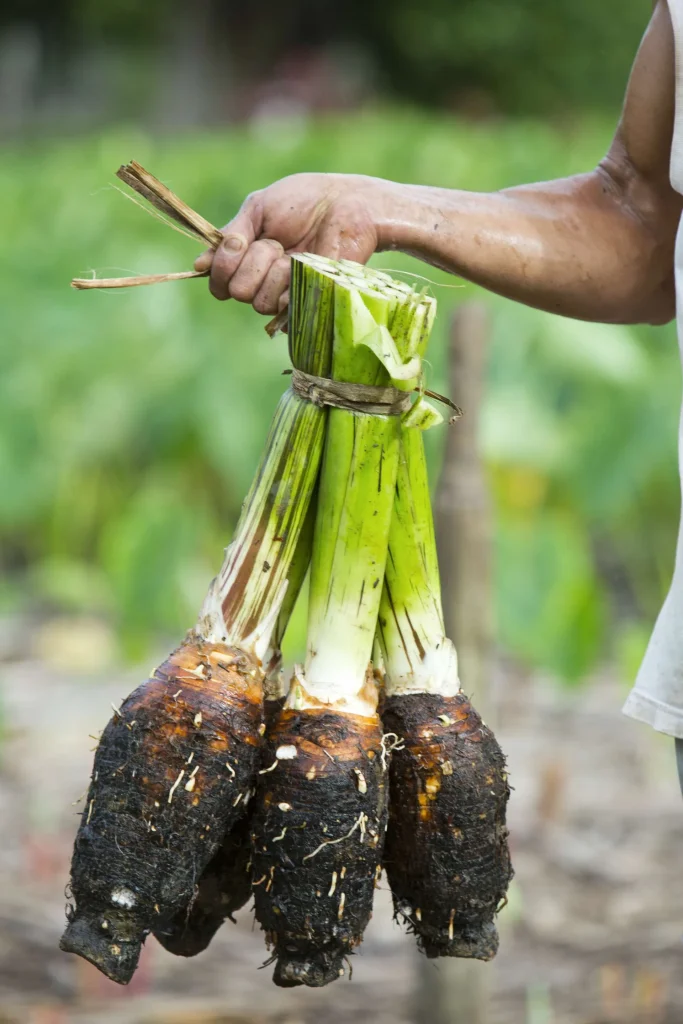
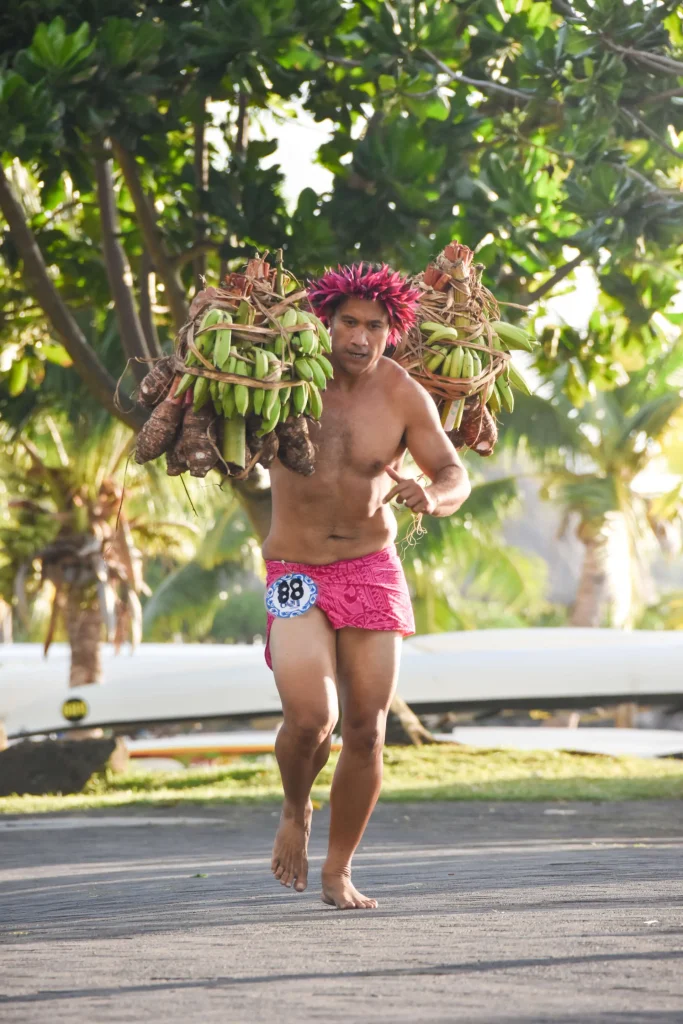
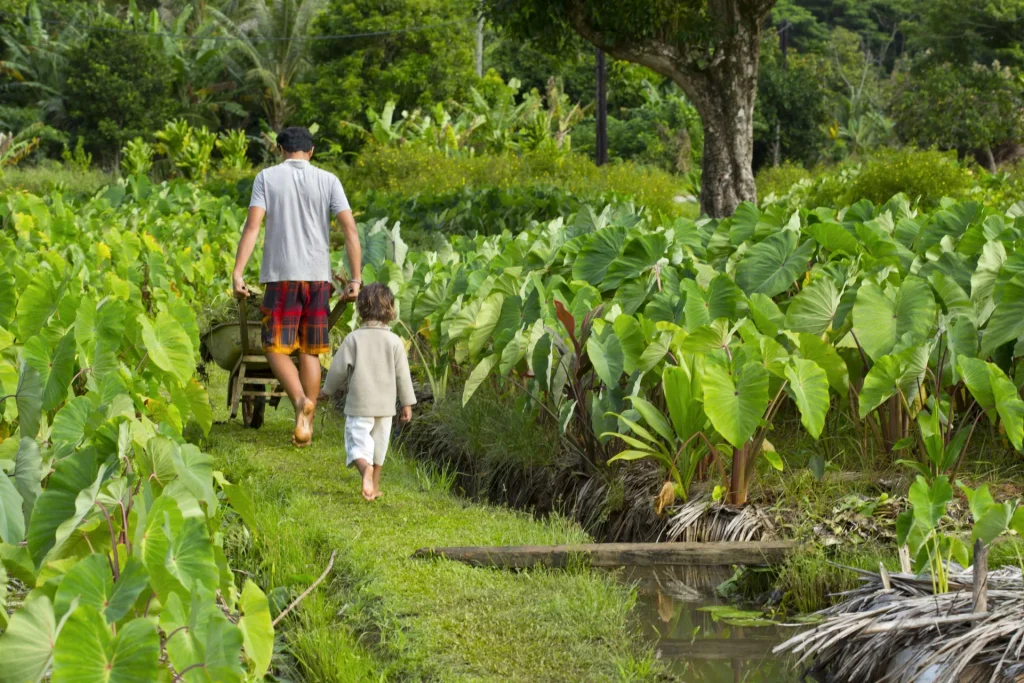
The variety and abundance of plantlife in The Islands of Tahiti led to the development of traditional plant-based medicine. For centuries, Polynesians used natural remedies to treat all kinds of infections. Many of the medicinal plants, herbs and shrubs to be found in the islands have recognized healing properties. These traditional medicines are still used today by the islanders who find them just as effective as modern treatments. Local healers perpetuate these practices, in a combination of traditional cures and modern medicine.
The rahui and traditional navigation
Polynesians have always been responsible in their approach to the natural ressources of the oceans and lagoons. The practice known as rahui or PGEM (plan for the management of marine spaces), is an ancient form of conservation of the resources of the sea. It involves designating no-take zones or restricting certain types of fisheries, in order to preserve local wildlife.
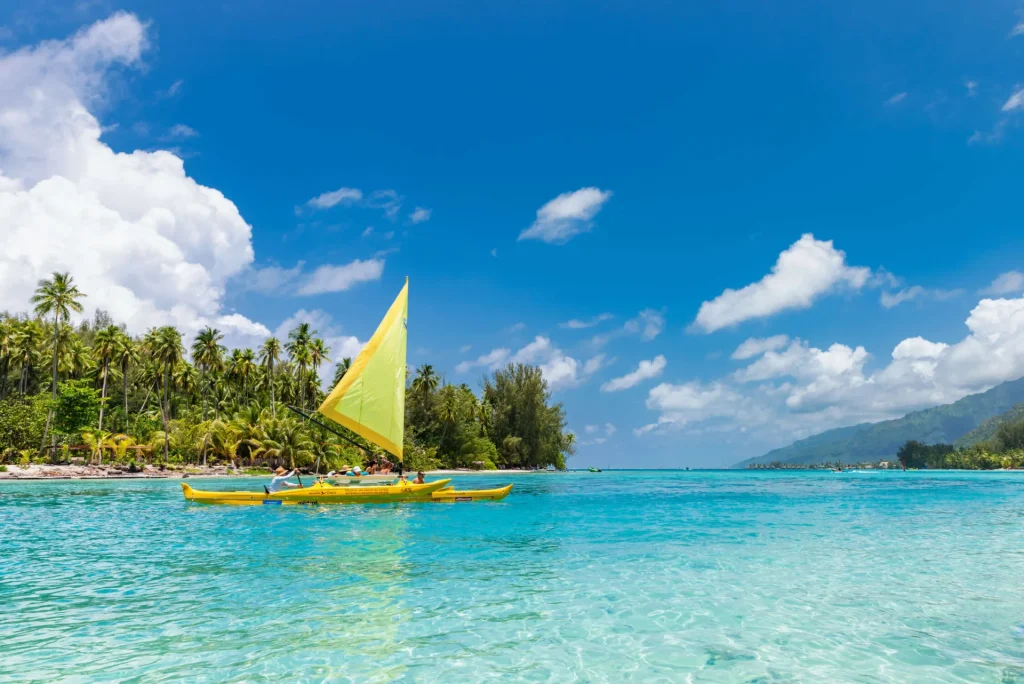
Traditional navigation techniques are based on knowledge of the marine environment. The early navigators used the stars, currents, birds and other natural elements to find their way. These ancestral techniques are a form of sustainability, because they enabled Polynesian sailors to cross the Pacific Ocean from island to island, in total harmony with the natural environment, using only wind for power and natural indicators to guide them.
Themes
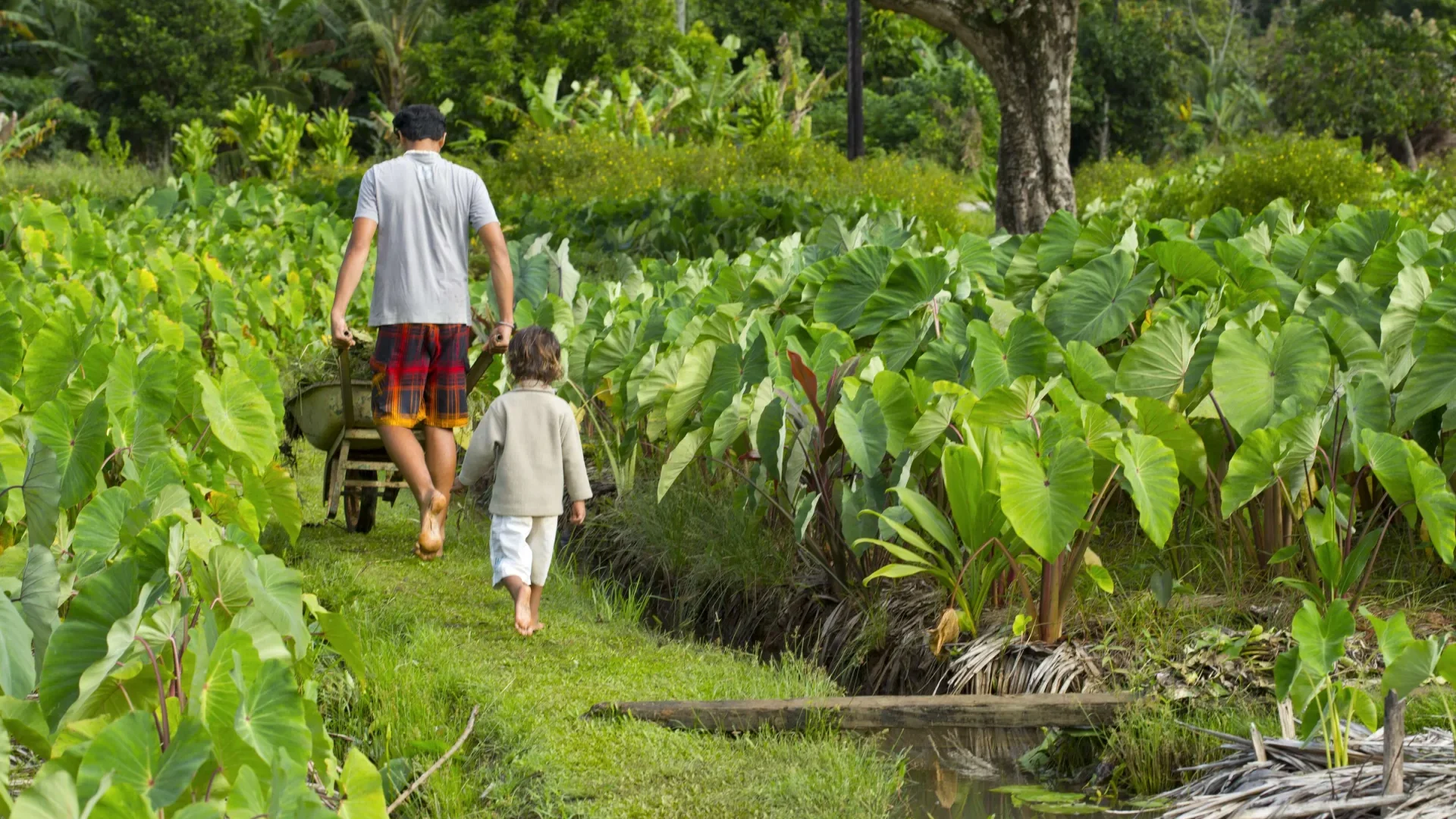
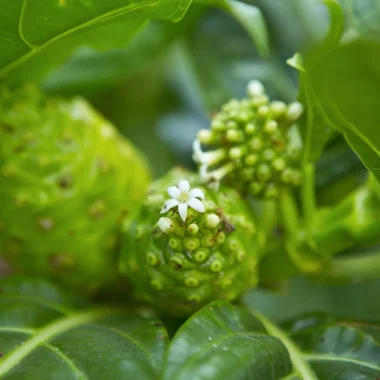
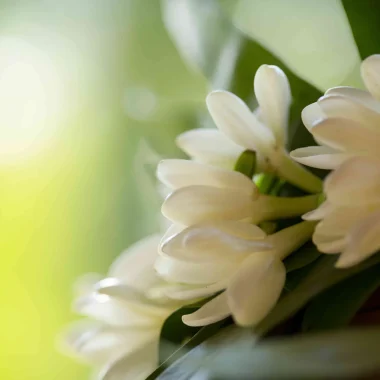
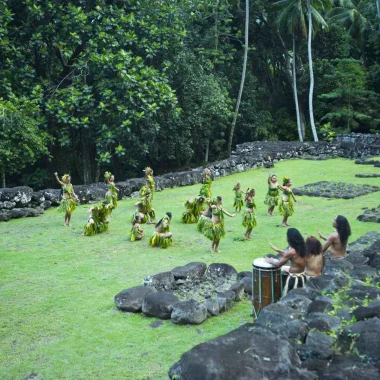
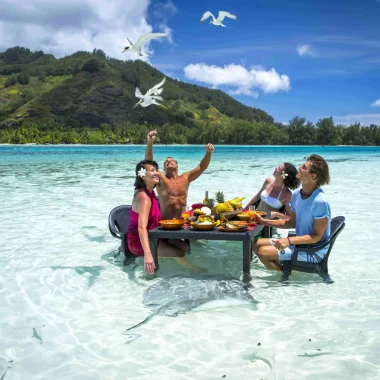
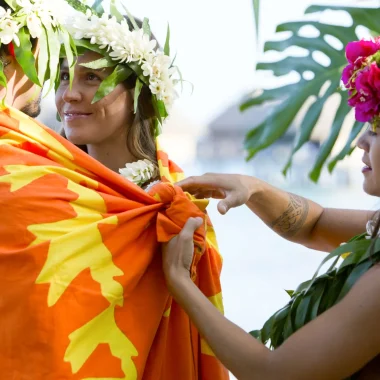
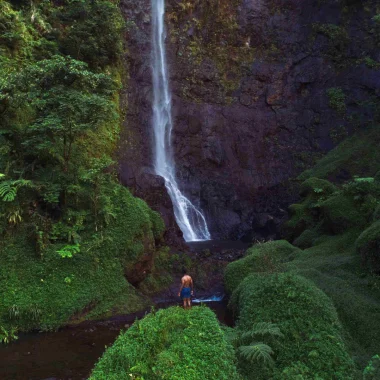
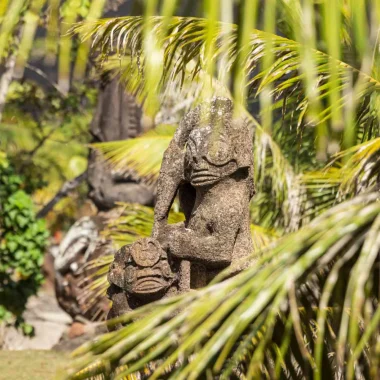
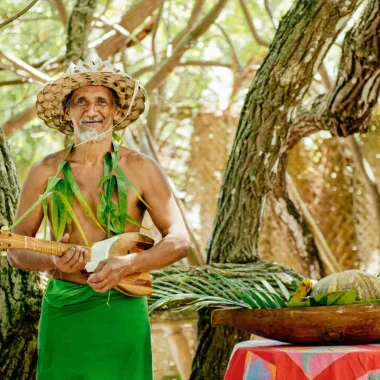
 América del Sur
América del Sur
 Australia
Australia
 Belgique
Belgique
 Brasil
Brasil
 Canada (EN)
Canada (EN)
 Canada (FR)
Canada (FR)
 Deutschland
Deutschland
 España
España
 France
France
 Italia
Italia
 Mexico
Mexico
 Polynésie française
Polynésie française
 New Zealand
New Zealand
 Schweizerisch (DE)
Schweizerisch (DE)
 Suisse (FR)
Suisse (FR)
 United Kingdom
United Kingdom
 United States
United States
 한국
한국
 中国
中国
 日本
日本